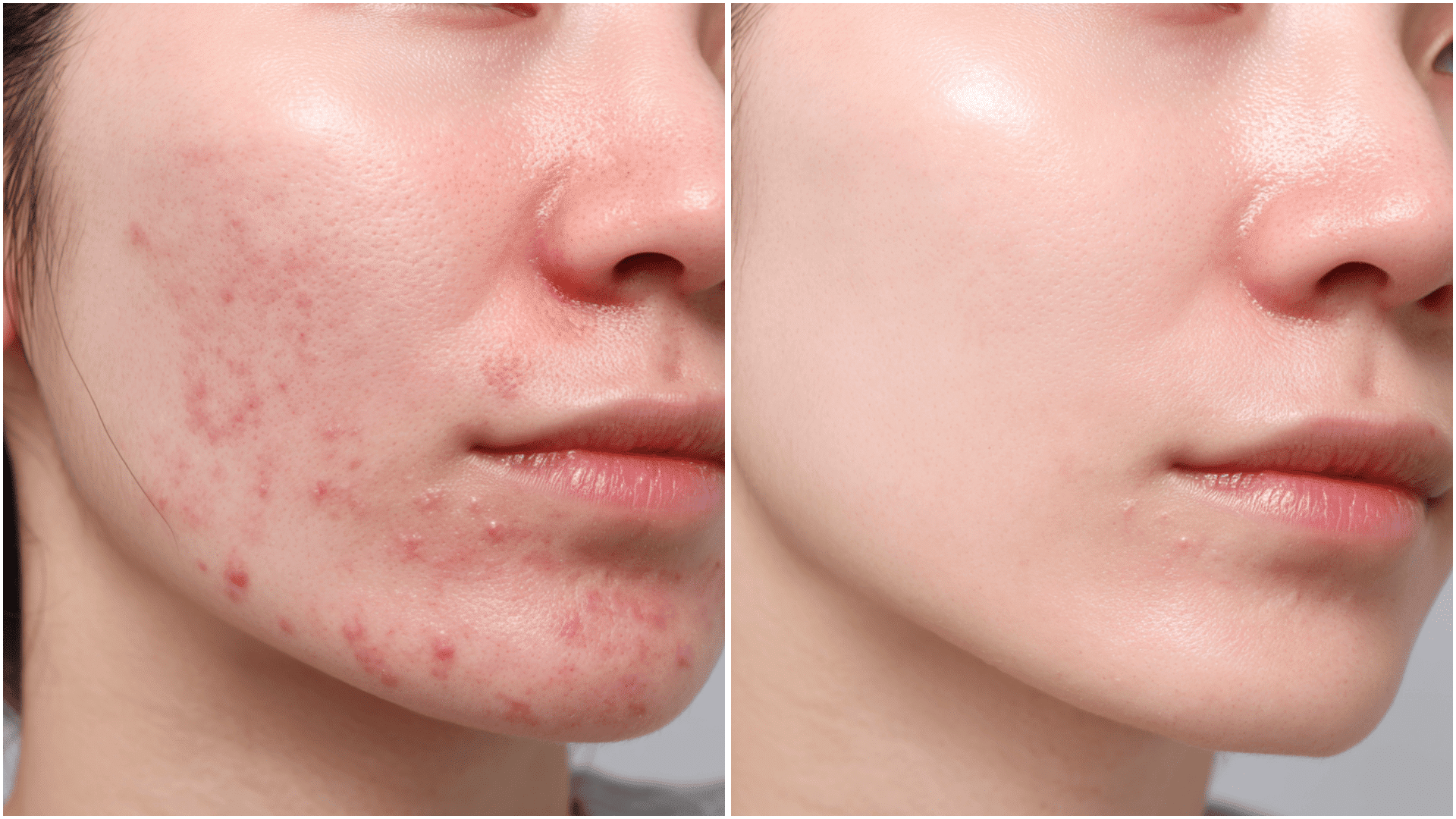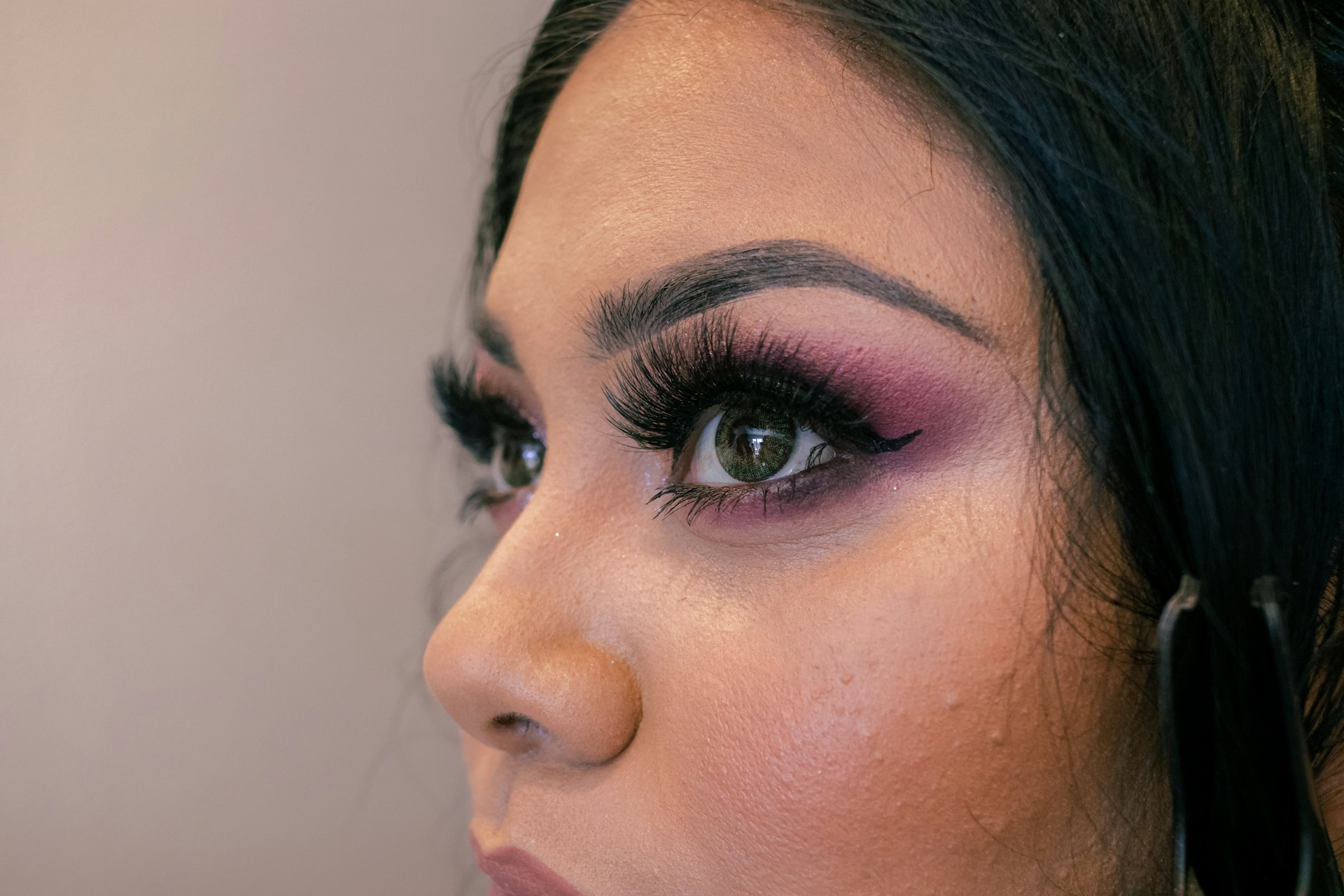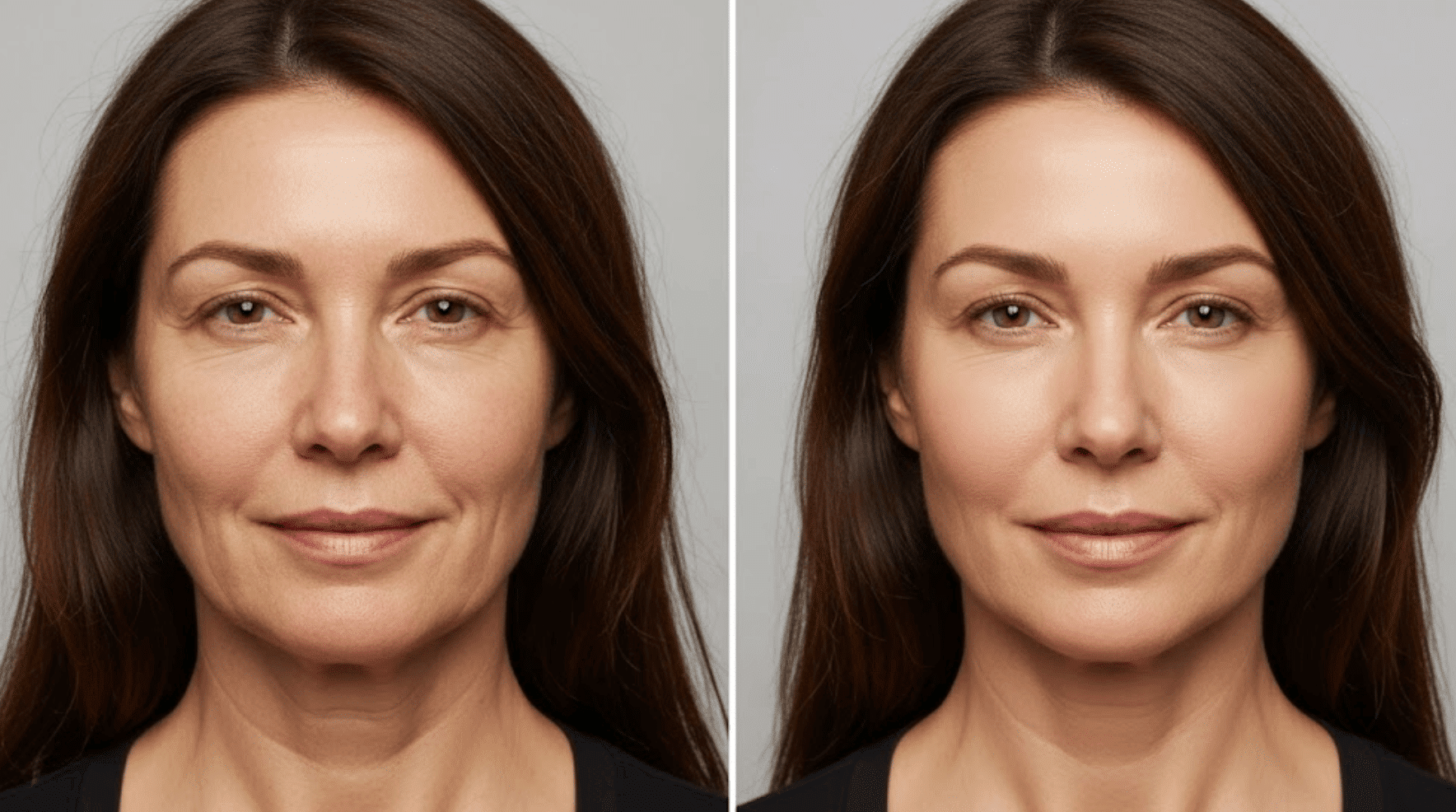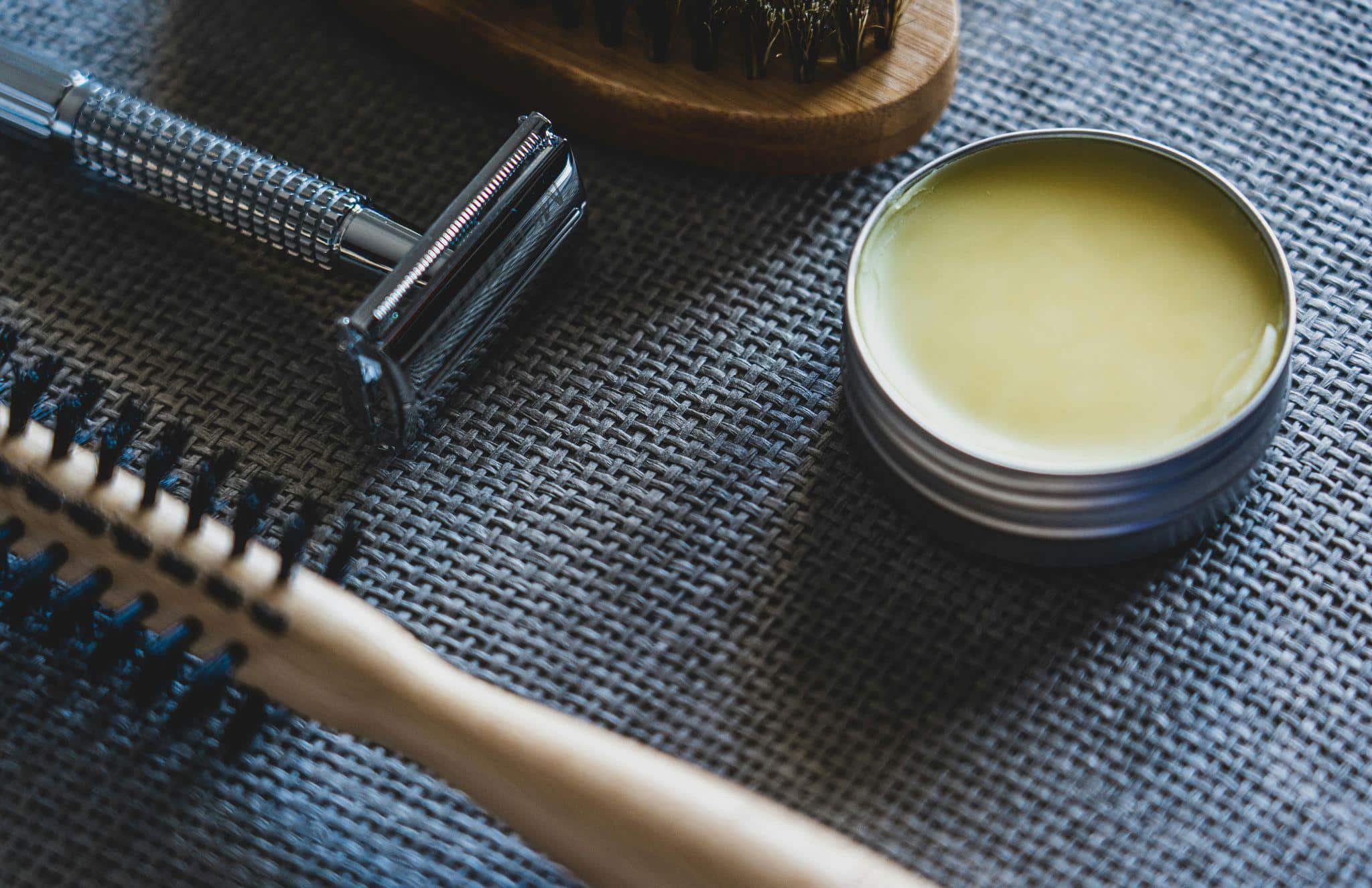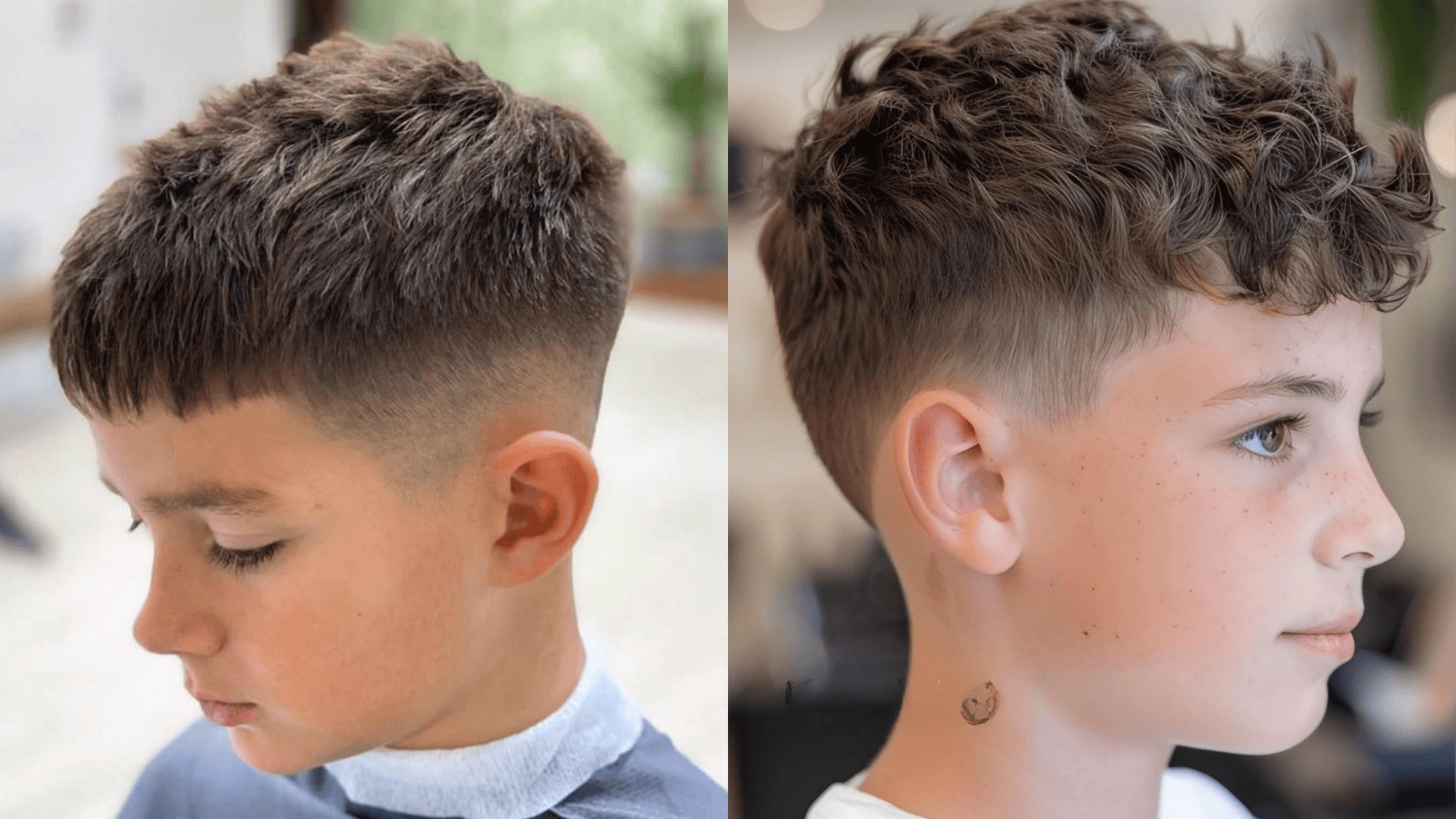If you’re dealing with acne scars, you’re not alone. Many people who have had acne are left with marks that can affect how they feel about their appearance.
The good news is that laser treatment for acne scars has become a popular and effective way to reduce these marks.
This treatment uses special light beams to help your skin heal and look smoother. While lasers for acne scars won’t make scars disappear completely, they can make them much less noticeable.
Understanding how laser acne scar removal works, what to expect, and how to choose the right doctor can help you make an informed decision about whether this treatment is right for you.
What Is Laser Treatment for Acne Scars?
Laser treatment for acne scars is a medical procedure that uses focused beams of light to improve the appearance of scars left behind by acne.
Think of it like using a very precise tool to help your skin repair itself.
When you have acne scars, your skin has areas where the normal, smooth texture has been damaged.
The laser works by either removing the damaged top layer of skin or heating the deeper layers to encourage new, healthy skin cells to grow.
This process helps your body create fresh collagen, which is a protein that keeps your skin firm and smooth. As new skin forms, the scars become less deep and noticeable.
How Does Laser Treatment Work?
There are three main types of laser treatments for acne scars:
Ablative Lasers actually remove the outer layer of damaged skin. The most common types are called CO2 and Erbium YAG lasers. This type usually gives the most dramatic results but requires more recovery time.
Non-ablative lasers don’t remove the top layer of skin. Instead, they heat the deeper layers to stimulate healing and collagen production.
Common types include Nd: YAG and pulsed-dye lasers. These cause less damage to the surface, so you can get back to your normal activities faster.
Fractional Lasers are a special type that creates thousands of tiny treatment zones while leaving healthy skin in between. Popular types include Fractional CO2, Fractional Erbium, and Fraxel lasers.
Instead of treating your entire skin surface, they create a pattern of microscopic treated spots, like poking tiny holes in a grid pattern.
All three types work by encouraging your body’s natural healing process. As your skin repairs itself, it becomes smoother and more even in texture and color.
What to Expect During the Procedure
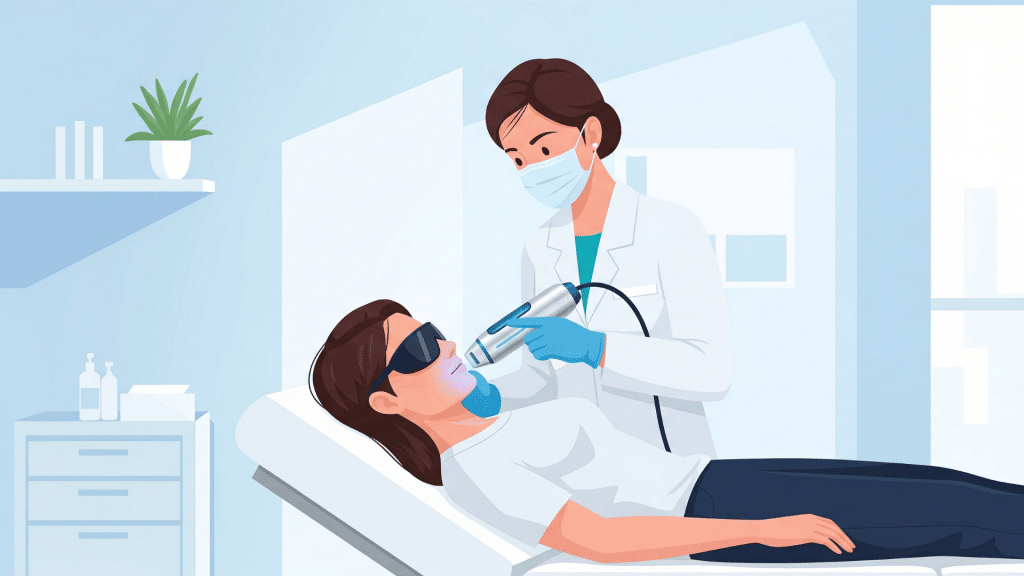
Before your treatment, your doctor will examine your scars and choose the best type of laser for your specific situation. They’ll consider factors like your skin tone, the type of scars you have, and how deep they are.
|
During the Procedure:
|
What It Feels Like: Many people describe the sensation as similar to a rubber band snapping against their skin. The discomfort is usually brief and manageable.
Who Makes a Good Candidate?
Laser treatment works best for people whose acne is under control with no active breakouts, who have realistic expectations about results, and who are in good overall health.
Ideal candidates can follow aftercare instructions carefully and typically have lighter to medium skin tones, though newer lasers work well on darker skin, too.
This treatment may not be suitable if you have active acne that’s still breaking out, very dark skin (due to a higher risk of color changes), are prone to keloid scars, cannot avoid sun exposure during recovery, or are pregnant or breastfeeding.
The best way to know if you’re a good candidate is to consult with a board-certified dermatologist who can evaluate your specific skin type, scar pattern, and medical history to determine the safest and most effective treatment approach for you.
Recovery and Aftercare
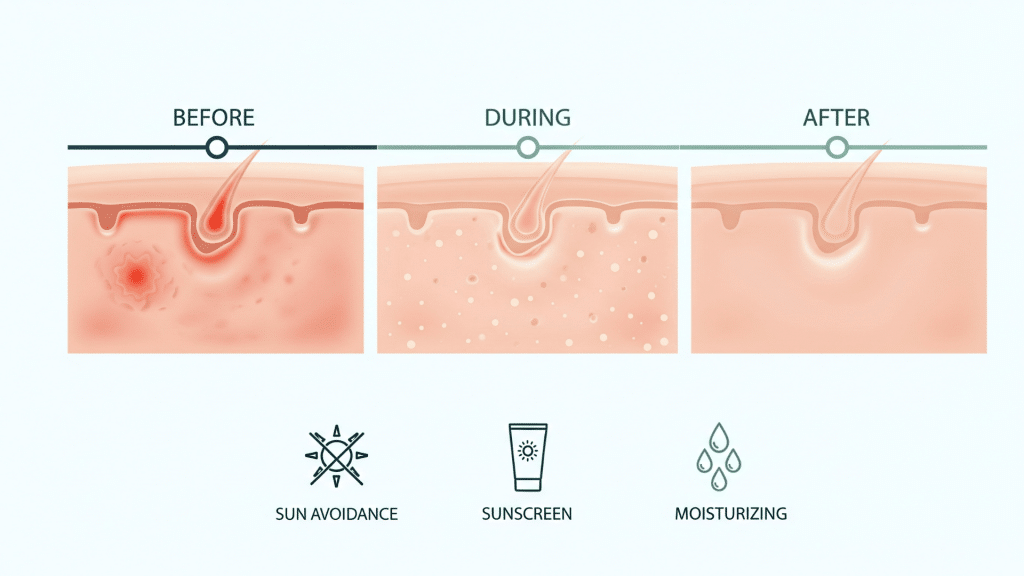
Your recovery will depend on which type of laser treatment you receive. Different laser types require different healing times and care approaches.
| Recovery Aspect | Ablative Lasers | Non-Ablative Lasers | Fractional Lasers |
|---|---|---|---|
| Initial redness/swelling | Several days | 1-2 days | 3-5 days |
| Peeling | Yes, noticeable peeling | Minimal to none | Mild peeling |
| Complete healing time | 1-2 weeks | 1-3 days | 5-7 days |
| Return to normal activities | 1-2 weeks | Next day | 3-5 days |
| Makeup restriction | About 1 week | 1-2 days | 3-5 days |
General Aftercare for All Types: Keep your skin clean and moisturized, avoid direct sunlight for 6-8 weeks, use daily sunscreen once healed, follow your doctor’s specific instructions, and never pick at or scratch the treated area.
Results and Effectiveness
Laser treatment can significantly reduce acne scars and improve skin texture, but it’s important to have realistic expectations. While the treatment makes scars much less noticeable and often boosts confidence, it cannot completely remove all scars or guarantee perfect skin.
Key things to remember:
- Results vary by person – everyone responds differently to treatment
- Multiple sessions needed – most people need 3-6 sessions for best results
- Gradual improvement – full results develop over several months
- Long-lasting but not perfect – results are permanent, though skin continues aging
You may see initial improvements within 1-2 weeks, but the full transformation happens gradually. Success depends on your skin type, scar severity, and following aftercare instructions properly.
Cost Considerations
Laser acne scar removal is usually considered a cosmetic procedure, which means most health insurance plans don’t cover it. The cost can vary quite a bit depending on several factors:
Cost Information:
| Laser Type | Cost Per Session | Key Cost Factors |
|---|---|---|
| Ablative treatments | Around $2,000 | Type of laser, treatment area size, location, and doctor’s experience |
| Non-ablative treatments | Around $1,100 | Number of sessions needed (usually 3-6 total) |
| Fractional treatments | $1,200 – $1,800 | Urban areas typically cost more than rural areas |
Many people need multiple sessions to get the best results, so it’s important to factor this into your budget planning.
Possible Side Effects and Risks
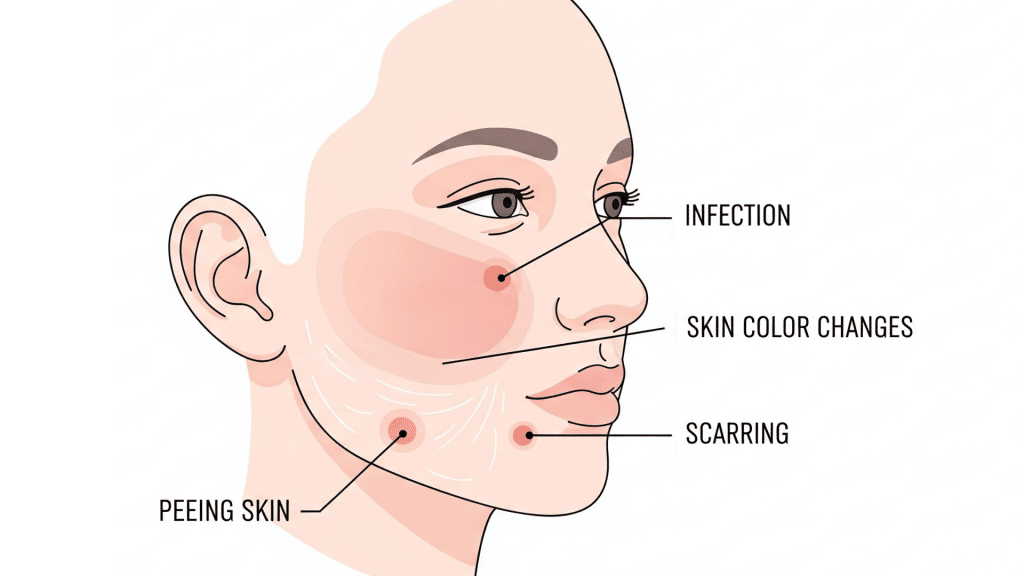
Like any medical treatment, laser therapy can have side effects. Most are mild and temporary:
Common, Mild Side Effects:
- Redness and swelling (usually go away within a few days)
- Temporary pain or discomfort
- Mild peeling of the skin
Less Common but Possible Risks:
- Infection (very rare if you follow aftercare instructions)
- Changes in skin color, especially in people with darker skin tones
- Scarring (extremely rare when performed by a qualified doctor)
It’s important to contact your doctor right away if you notice signs of infection like pus, increasing pain, or fever.
How to Choose a Trustworthy Provider
Look for doctors who are board-certified in dermatology or plastic surgery and have special training in laser treatments.
During your consultation, ask how many laser procedures they have done, what type of laser they recommend for your scars, what realistic results you can expect, and about possible risks and costs.
Be cautious if a provider makes promises that sound too good to be true, pressures you to book quickly, charges much less than others, lacks proper licensing, or avoids your questions.
For trusted providers across Australia, you can check:
Preparing for Your Treatment
Once you’ve decided to move forward with laser treatment, your doctor will give you specific instructions to follow before your appointment.
- Stop certain medications – no aspirin or blood thinners for 2 weeks before treatment
- Avoid retinol products – stop using these skincare products for about 2 weeks
- No smoking – quit smoking at least 2 weeks before your appointment
- Stay out of the sun – avoid sun exposure and tanning beds completely
- Tell your doctor everything – share all medications, supplements, and health conditions you have
Living with Acne Scars: You Have Options
Remember that having acne scars doesn’t define you. While laser treatment for acne scars can be an effective solution for many people, it’s just one option among several.
Some people find that other treatments like chemical peels, microneedling, or even good skincare routines help improve their skin’s appearance.
The most important thing is to work with a qualified doctor who can help you understand all your options and choose the treatment that’s right for your specific situation, skin type, and goals.
Laser acne scar removal has helped many people feel more confident about their appearance, but the choice is entirely yours.
Have questions about laser treatment for acne scars? Share your thoughts or experiences in the comments below – your story might help someone else make their decision!

